Retail food price inflation will continue to fall sharply over the coming months but it could be at least another five years until food is as affordable to consumers as it was in 2007.
"The era of cheap commodity food is at an end," Siôn Roberts, the chief executive of English Farming and Food Partnerships claimed at this week's EFFP conference.
Food price inflation would continue to drop over the next few months to the point where it turns negative in the early part of 2010, he said, citing a new piece of research by EFFP and Cranfield School of Management.
A record world harvest in 2008 followed by the second-largest harvest in 2009 had allowed food stocks to rebuild, he said.
Price increases in meat and dairy had levelled off, while fresh fruit and vegetable prices were now lower than a year ago as a result of more favourable growing conditions.
However, the growing world population and volatility in raw material costs meant retail food price inflation would return to its long-term trend of 1% annual growth from the second quarter of 2010, predicted Roberts.
It would be at least 2014 before food was as affordable in real terms to the general public as it was in 2007, he said, adding that even that optimistic scenario was reliant upon continued good harvests and an improvement in the UK job market. A slow climb out of recession combined with wage restraints and high unemployment levels meant the affordability of food would remain below 2007 levels for several years, he added.
Producers would also find it harder to pass on any cost increases to retailers over the next 18 months than they had previously, warned Roberts.
"Retail food inflation will be lower and the passing on of costs through the chain will be rather more difficult," he said.
Instead even more emphasis would be placed on producers lowering costs through reducing wastage and improving supply chain efficiency.
"The era of cheap commodity food is at an end," Siôn Roberts, the chief executive of English Farming and Food Partnerships claimed at this week's EFFP conference.
Food price inflation would continue to drop over the next few months to the point where it turns negative in the early part of 2010, he said, citing a new piece of research by EFFP and Cranfield School of Management.
A record world harvest in 2008 followed by the second-largest harvest in 2009 had allowed food stocks to rebuild, he said.
Price increases in meat and dairy had levelled off, while fresh fruit and vegetable prices were now lower than a year ago as a result of more favourable growing conditions.
However, the growing world population and volatility in raw material costs meant retail food price inflation would return to its long-term trend of 1% annual growth from the second quarter of 2010, predicted Roberts.
It would be at least 2014 before food was as affordable in real terms to the general public as it was in 2007, he said, adding that even that optimistic scenario was reliant upon continued good harvests and an improvement in the UK job market. A slow climb out of recession combined with wage restraints and high unemployment levels meant the affordability of food would remain below 2007 levels for several years, he added.
Producers would also find it harder to pass on any cost increases to retailers over the next 18 months than they had previously, warned Roberts.
"Retail food inflation will be lower and the passing on of costs through the chain will be rather more difficult," he said.
Instead even more emphasis would be placed on producers lowering costs through reducing wastage and improving supply chain efficiency.

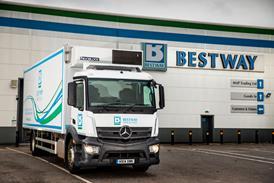
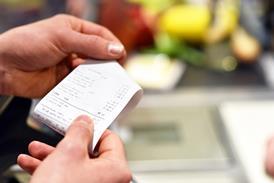
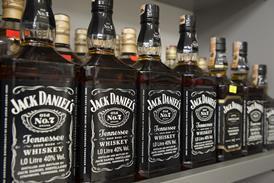
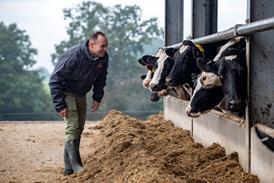
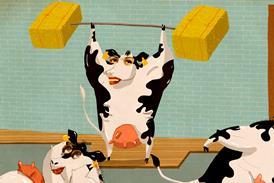
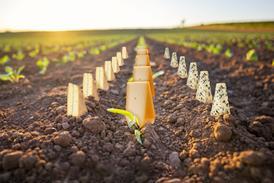
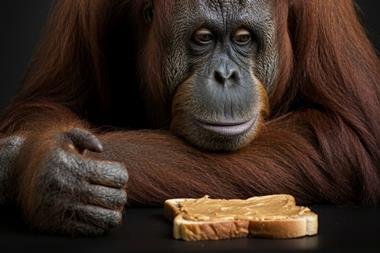
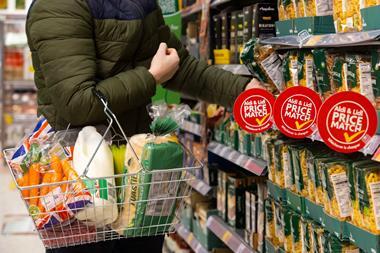
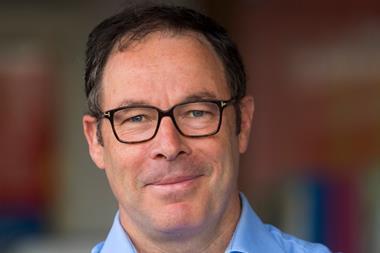
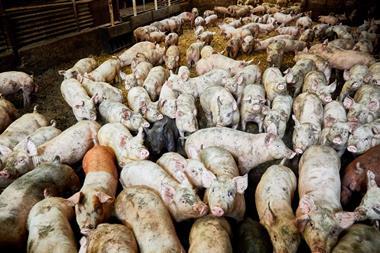

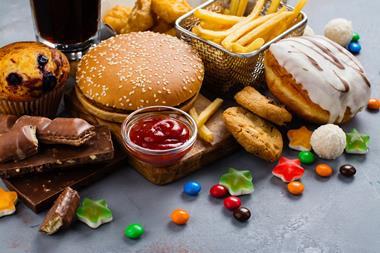
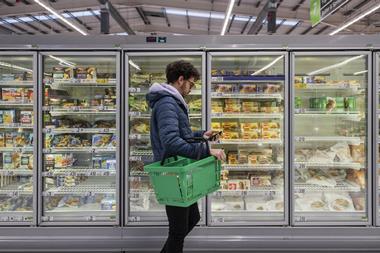
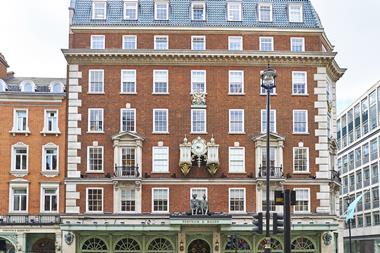

No comments yet